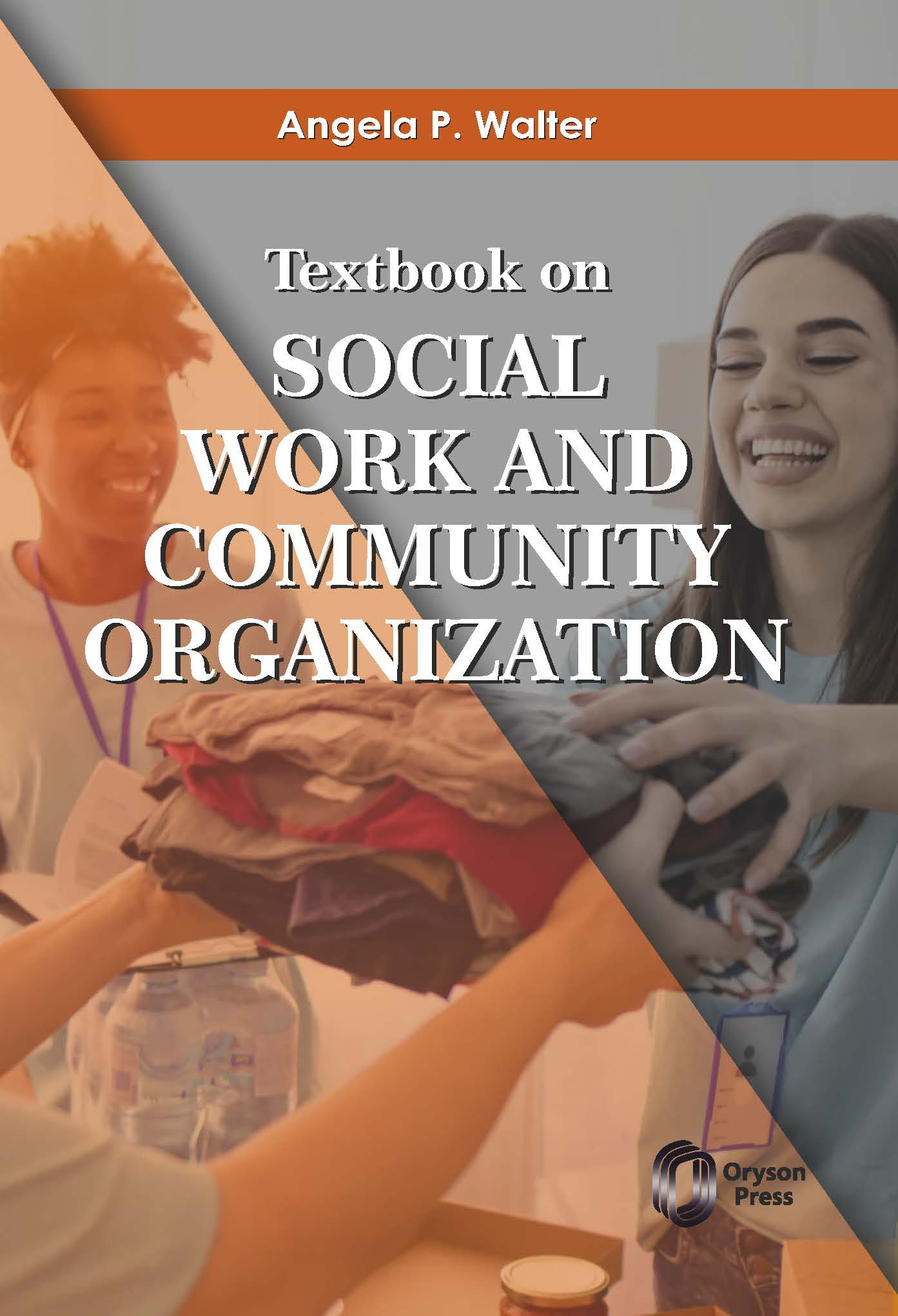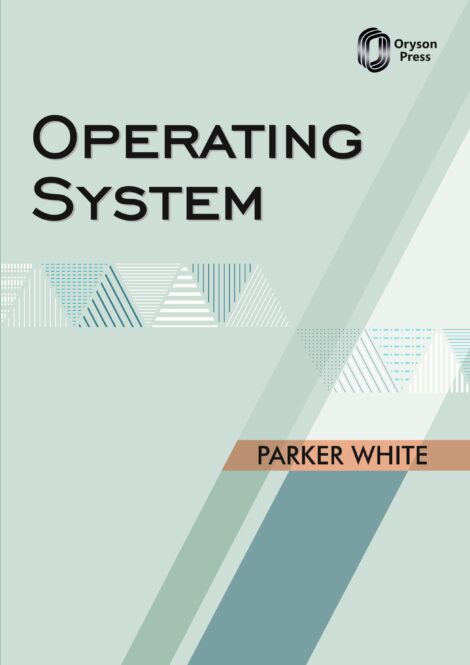Textbook On Social Work And Community Organization
Angela P. Walter
$139.99
ISBN:9798887154015
Pages:312
Binding: Hardcover
Language: English
Description
Poverty alleviation is the most important objective of economic planning. The approach adopted to address this issue includes measures such as creation of employment opportunities, income generation activities and growth promotion. However underdeveloped infrastructure such as power, transport, irrigation, water supply, sewerage and lack of accessibility to health facilities have impaired economic growth and the poverty eradication drive. At the same time, environmental problems especially climate change are impacting all people alike globally. The shrinking of forest cover and rise in urbanisation are causing both river water and air pollution to rise.
Water resources management and development are central to sustainable agricultural growth and poverty reduction. Currently, integrated water resources management is highly emphasised for enhancing food security, poverty eradication, economic growth and rural upliftment in developing countries. Further, most of the developing countries have insufficient hydraulic infrastructure due to which governments and international funding agencies need to assist these countries in developing and maintaining adequate number of well-performing hydraulic structures and in mobilising public and private financing, while meeting environmental and social standards. The below-optimal performance of the existing irrigation systems is of serious concern to farmers who depend on them for their livelihoods. This book covers the many aspects of social work and community organisation and would be beneficial to students and researchers.
Additional information
| Author | Angela P. Walter |
|---|---|
| ISBN | 9.79889E+12 |
| Year of Publication | 2024 |










